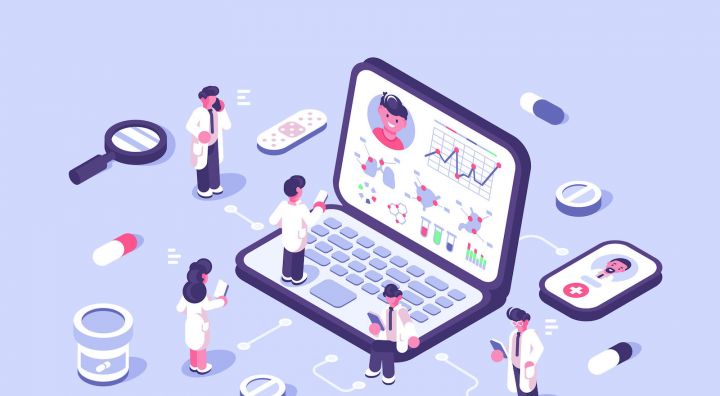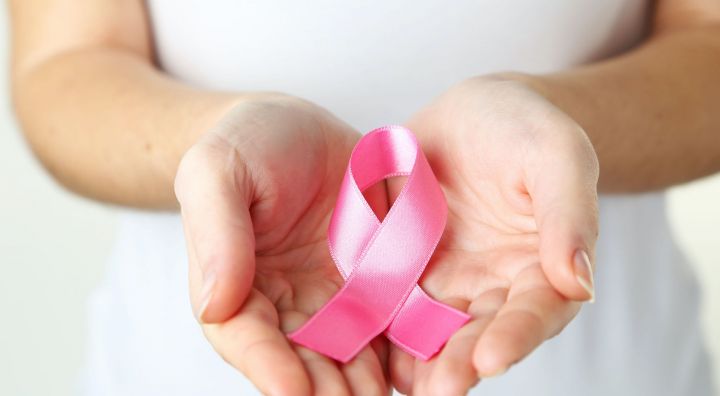Bullying Kids with Special Needs
Kids with disabilities are twice as likely to be victims of bullying. Experts discuss the problem and how to prevent bullying of these children.


Kids with disabilities are twice as likely to be victims of bullying. Experts discuss the problem and how to prevent bullying of these children.

Experts discuss how doctors on the street can improve health for the homeless and lower cost for society.

Hospitals have been plagued by shortages of important drugs, sometimes forcing doctors to decide who will receive them and who will die.

In response to "factory medicine" some doctors are moving to a "concierge medicine" practice where patients receive more personal care for higher fees.

American healthcare is the most expensive in the world. An expert author details some of the causes and possible solutions now being established.

Only about a fifth of people who could use hearing aids have them. Reasons include stigma, high cost, and poor training of people who actually get hearing aids. An audiologist, hearing aid manufacturer, and hearing aid user discuss solving these issues.

Forty-nine million people in the US are food insecure-- often unsure they'll have three decent meals per day. The poor are also often forced to purchase foods that are poor in nutrition, which leads to high rates of obesity. Experts discuss reasons for food insecurity, outcomes, and a variety of inventive solutions.

Consumers who purchase medicines online for convenience and price are taking a big risk--experts say 97% of online "pharmacies" are rogue sites operating illegally. Often the medications they sell are counterfeit or substandard.

Testing for breast cancer genes BRCA-1 and 2 has been inaccessible to many women due to extremely high cost. Now a new $249 breast cancer gene test is available. Experts discuss whether this changes who should be tested and the ramifications of widespread testing.

Experts explain the social, economic, and governmental factors that are leading women to quit their jobs--often unwillingly--and stay home.
Subscribe to get the latest from Radio Health Journal directly in your inbox.

